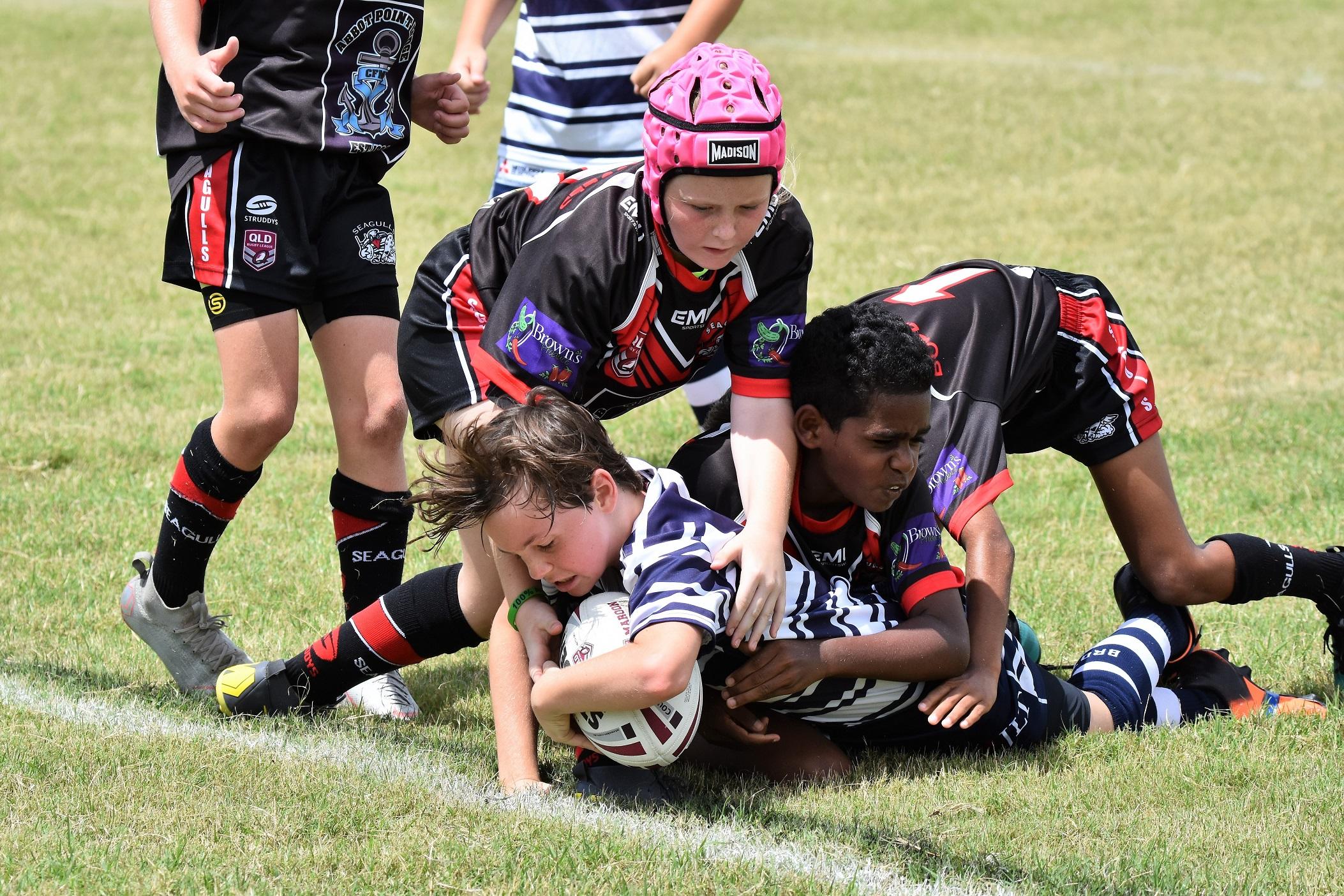


Head Injury Risk In Children Who Play Rugby
15 July 2023
If you have a child who plays rugby, you may not be fully aware of the risks of the sport. Despite its popularity, there is a real risk of head injuries, particularly for young children whose bodies are still developing. While some safety measures are in place, such as the use of headgear and limits on tackling, the risk of head injury is still significant.
Why is Rugby so Dangerous?
Rugby is a contact sport, meaning players constantly collide with each other. This can lead to serious injuries, including concussions and brain damage. The ball is often kicked high into the air, which can result in head-to-head collisions when players try to catch it. These collisions can be especially dangerous for children whose skulls are thinner and less developed than adults. There are measures in place to protect children from the most dangerous aspects of the game, such as limiting tackling and scrums.
How Many Children Suffer Head Injuries Playing Rugby?
It's thought that 1 out of every 8 kids will suffer a head injury that keeps them from playing for 7 days. In some cases, these injuries can be much more serious and even lead to permanent brain damage. Several studies show that contact sports such as rugby can increase a player's chance of suffering from a degenerative brain disease by up to 68 times. Up to 25% of all rugby injuries are head injuries, with the highest proportion experienced by 10 - 18-year-olds. The worrying thing is that up to 68% of young boys that play rugby don't tell anyone if they have concussion symptoms, fearing that they’ll miss out on the chance to keep playing.
What are the Risks of Head Injuries in Children?
Head injuries can have serious consequences for children whose brains are still developing. Concussions can result in problems with learning, memory, and behaviour. It may even cause long-term problems such as depression, anxiety, and dementia. Increasing numbers of studies are linking head injuries in childhood with a greater risk of developing Alzheimer's disease and other forms of dementia later in life.
How Can Parents Protect Their Children?
The best way to protect your child from the risks of rugby is to encourage them to play safer sports. If they do still want to play rugby, there are some steps you can take to reduce the risk of injury. Make sure they wear all the proper safety equipment, including a helmet, mouthguard, and padding. A coach will be able to teach them proper tackling techniques. Stress the importance of avoiding head-to-head collisions.
Rugby can be a dangerous sport that can pose serious risks to children's health. However, there are steps parents can take to reduce these risks. By encouraging children to wear proper safety gear and learn safe tackling techniques, parents can help keep their kids safe while they enjoy playing the sport they love.
Read more about how to stay safe when playing rugby.
